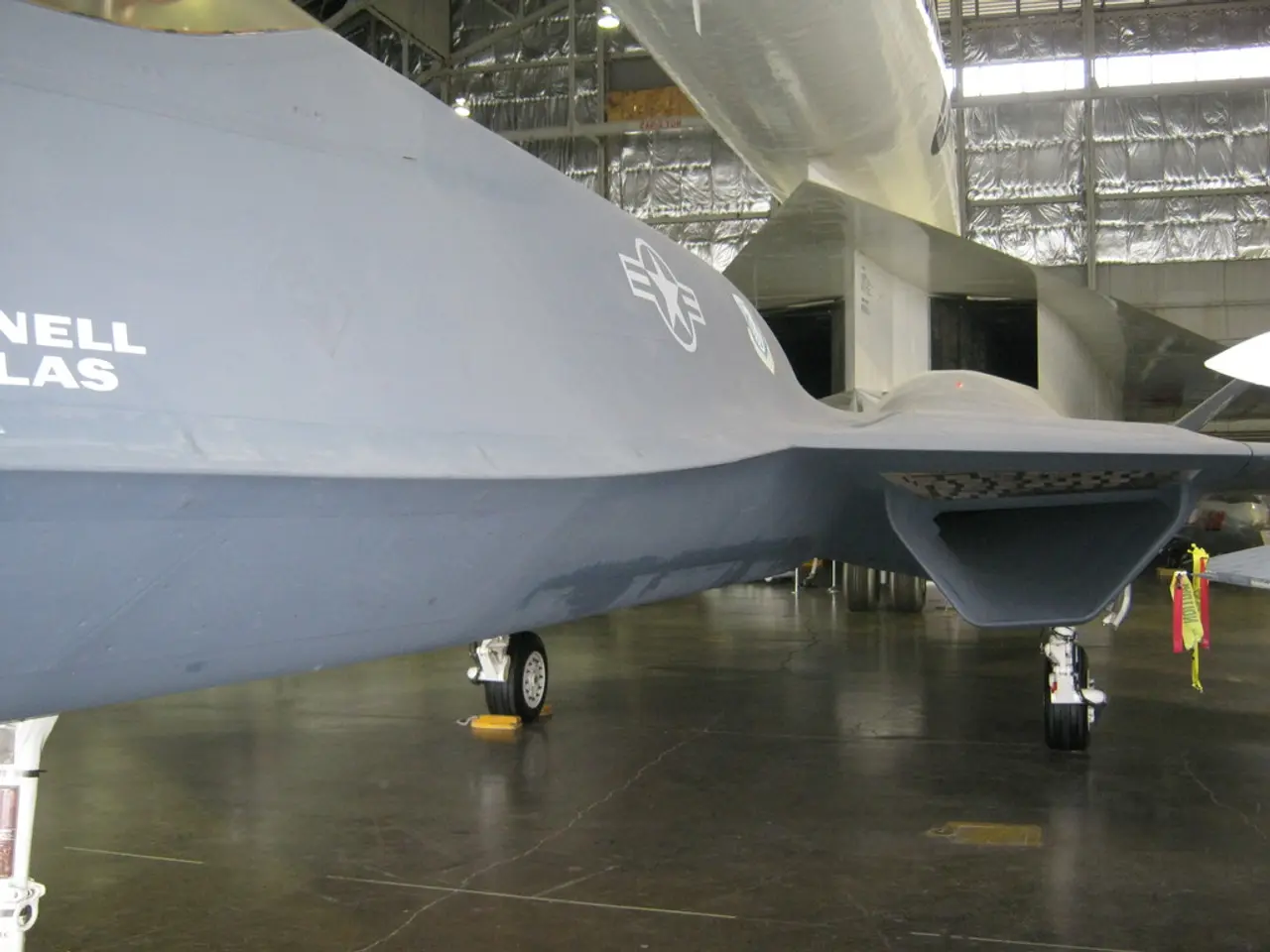Power banks could potentially be prohibited on Turkish flights following an in-flight incident.
In light of increasing safety concerns surrounding lithium batteries, Turkey has taken a significant step towards enhancing aviation safety. As of August 6, 2025, Pegasus Airlines, a major Turkish carrier, has officially banned the use of power banks during flights, following recommendations from the Turkish Directorate General of Civil Aviation and the Ministry of Transport and Infrastructure.
This decision was prompted by a fire hazard incident on an Asiana Airlines flight from Istanbul to Seoul, where a power bank became wedged between seats. The incident forced the plane to return mid-flight, underscoring the potential danger posed by power banks on aircraft.
Lithium batteries in devices such as power banks can catch fire or overheat if damaged, crushed, or improperly handled. The Turkish authorities are acting in alignment with other countries that are tightening aviation safety rules concerning lithium batteries.
While there is no blanket ban on carrying power banks on flights in Turkey yet, use of them during flights is officially banned due to lithium battery safety concerns. Further restrictions may develop as authorities monitor the situation.
Elsewhere, the U.S. Federal Aviation Administration (FAA) recorded three incidents every two weeks of overheating lithium batteries on planes globally in 2022, compared to less than one a week in 2018. This alarming trend has led to periodic tightening of rules regarding lithium batteries in response to accidents.
In South Korea, charging devices is not allowed on board as of March 2023, with rules changing to keep power banks and e-cigarettes with passengers and not in overhead bins. Aviation authorities have long recognized lithium batteries as a safety concern, and the proper handling of electronic devices on aircraft is essential for ensuring flight safety.
Uraloglu, the Turkish Minister of Transport and Infrastructure, emphasized the need for all electronic devices onboard to comply with international aviation safety standards. Strictly following these rules is crucial, as power banks pose a fire risk when they are crushed, struck, or compressed.
As the world continues to rely heavily on portable electronic devices, it is essential that safety measures are put in place to mitigate the risks associated with lithium batteries. The actions taken by Turkey and other countries serve as a reminder of the importance of prioritizing safety in the aviation industry.
[1] Turkish Directorate General of Civil Aviation: https://www.dhmi.gov.tr/ [2] Ministry of Transport and Infrastructure of Turkey: https://www.umin.gov.tr/ [3] Pegasus Airlines: https://www.flypgs.com/ [4] International Civil Aviation Organization: https://www.icao.int/
- The Turkish Minister of Transport and Infrastructure, Uraloglu, highlighted the importance of adhering to international aviation safety standards, especially for electronic devices like power banks, as they pose a fire risk when crushed, struck, or compressed, following the incident involving a power bank on an Asiana Airlines flight from Istanbul to Seoul.
- Amidst increasing safety concerns surrounding lithium batteries, Turks planning a trip to Istanbul may have to reconsider their in-flight lifestyle, as Pegasus Airlines, a major Turkish carrier, has officially banned the use of power banks during flights due to potential fire hazards.




